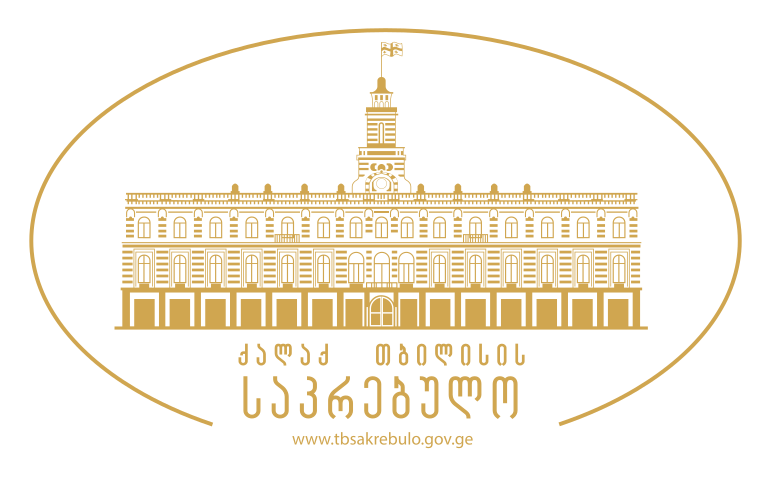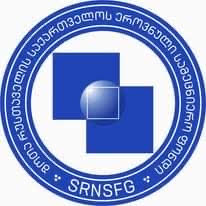053-(Re)Mapping Gender
“(Re)Mapping Gender”
Session organized by the ICLA Research Committee on Comparative Gender Studies Chair: Liedeke Plate, Radboud University
Climate change, the pandemic, forced migration, military incursions, hardened human rights policies, lack of access to self-determination, and other retrenchments remind us of the interconnectedness of the planet. Paradoxically, however, these forces have heightened both the contingency and fixedness of gender. Indeed, new geographies of work, leisure, and care, along with returning as well as new precarities, require agility and resilience, but they are also accompanied by new (im)mobilities. Gender roles, relationalities and expressions have certainly shifted, but in ways as likely to be congealed as fluid. Just as worlds are mapped and remapped, so this seminar sees our moment as demanding a (re)mapping of gender in the territory of human expressive culture. As long ago as 1980, the same year that De Certeau detailed how subversive tactics always risk transforming into dominant strategies, Deleuze and Guattari also warned that experimental maps can become mere “competent” tracings. Beyond the recognizable binaries that privilege modern, liberal western perspectives, inclusive (re)mapping has never been more pressing. Some (re)mappings involve new territories beyond the familiar horizon; other (re)mappings involve revisiting and revising a terrain that we assume we know. This seminar invites reflecting on both past understandings and configurations of gender and diverse synchronous interventions from our current pressured moment as well. Embodied and relational, gender is a lived experience within a network of existing potentialities and limitations which are themselves constantly shifting. As such, gender is both performed in territories and is itself a territory. Like all social constructions, gender is inherently a mapping whose iterations deserve scrutiny. As with other territorial maps, it is often along borders and at the comparative edges where fixed binaries are most contested. The borders of gender have been drawn and redrawn along imperial circuits for millennia, but postmodernity’s bandwidth is faster and Google’s tracings more inexorable. Beyond a diverse and intersectional (re)mapping of gender, this seminar considers how our very gaze, that of comparatists whose work crosses borders and inhabits other liminalities, is affected by these changes, noticing new positionalities, localizing gender in new ways, inquiring into places and spaces, mobilities and belongings that have previously gone unnoticed? This seminar invites proposals for papers that explore diverse global views of gender from an intersectional comparative perspective across temporalities and spatialities. It seeks to be inclusive, inviting papers that address all periods and cultural formations. Both comparative case studies and more theoretical interventions are welcomed so as to enable a performative sketching with multiple entry points. This comparative (re)remapping resists mere tracing so as to enable openness, modifications, and collaboration.
The Project was supported by Shota Rustaveli National Science Foundation of Georgia (SRNSFG) [grant number MG-ISE-22-170]


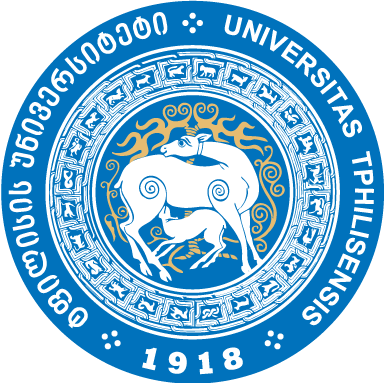


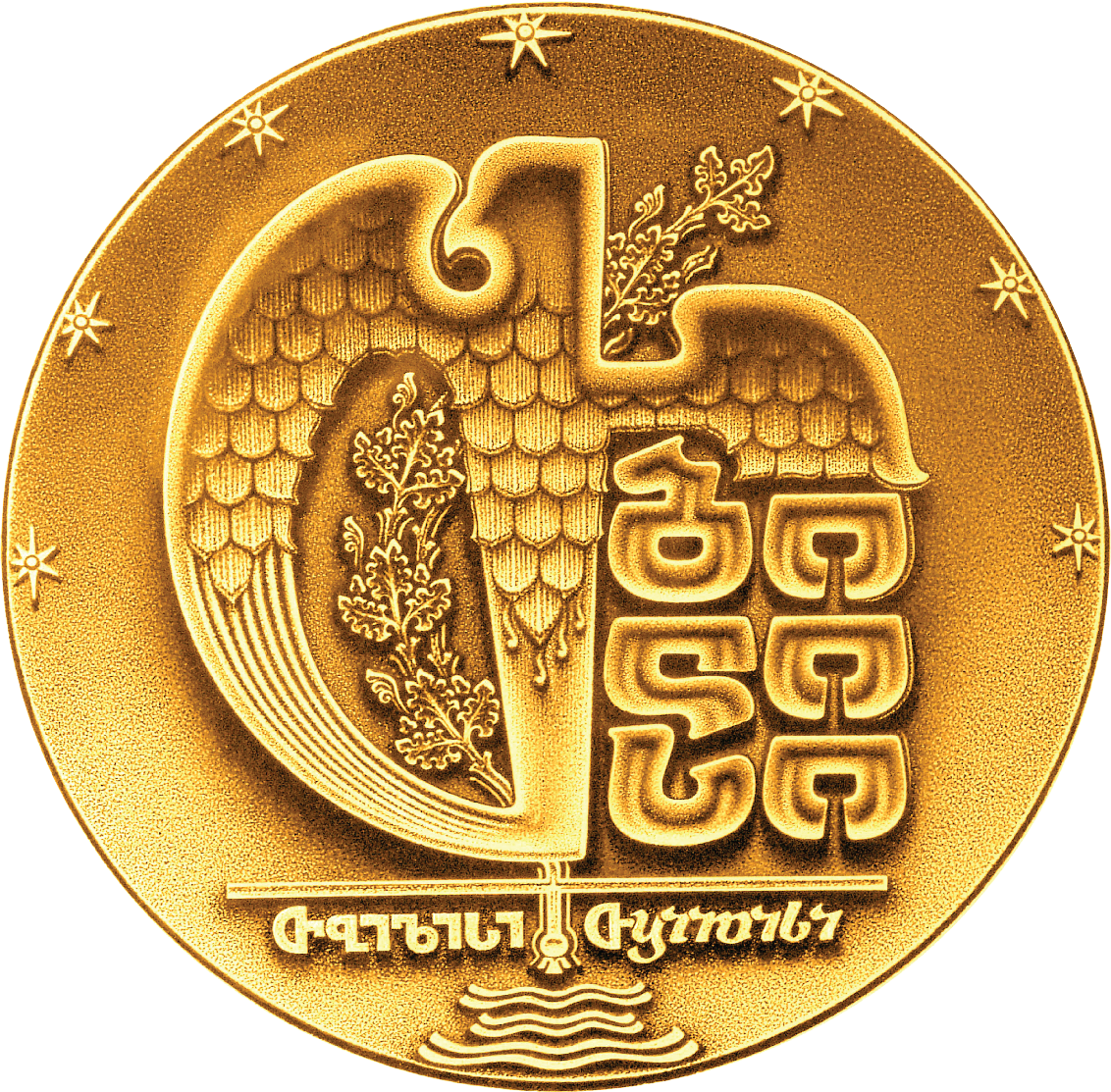

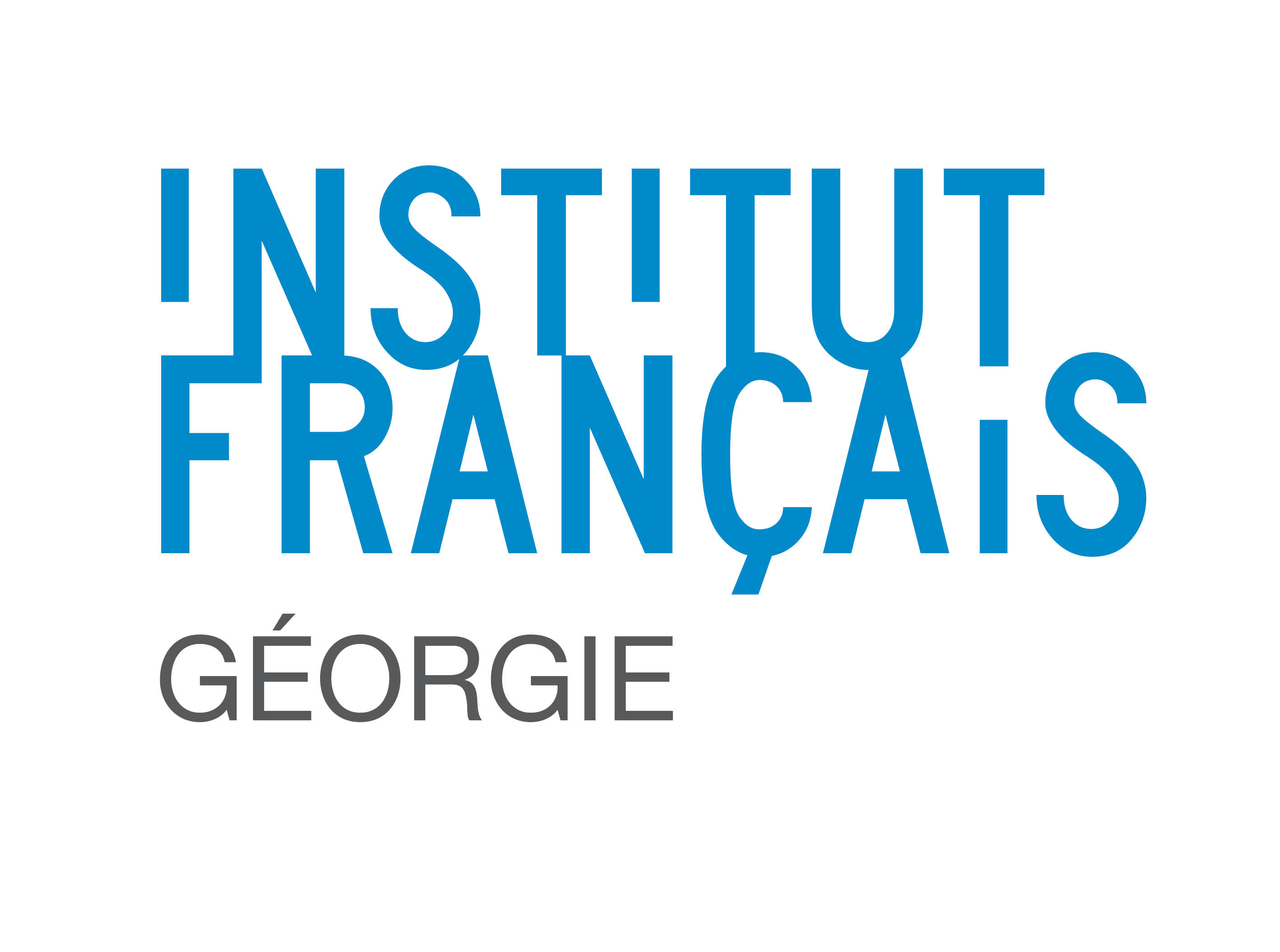




_001.png)

